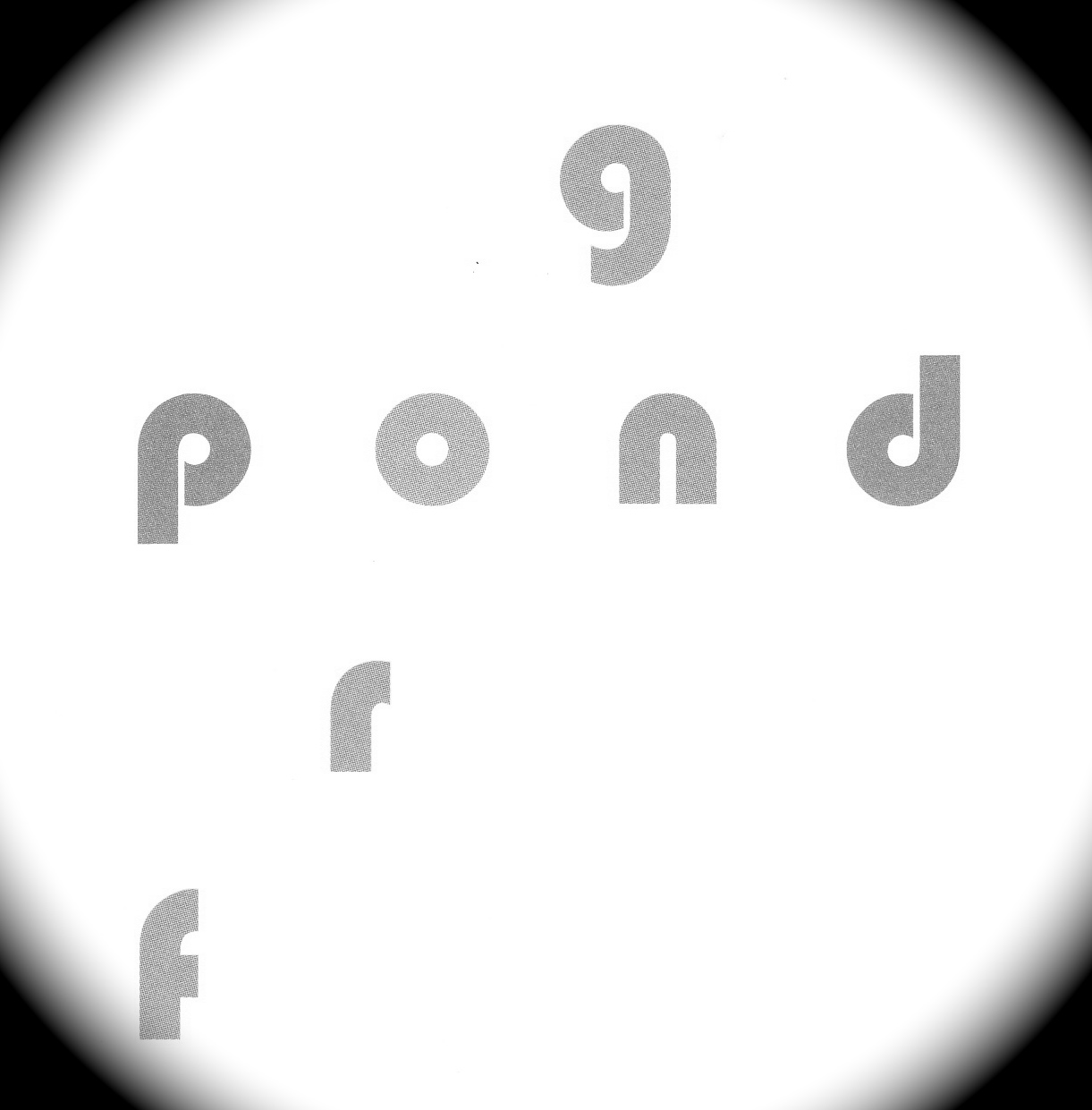 The latest issue of Frogpond, the thrice-yearly, hard-copy Journal of the Haiku Society of America, arrived today. Naturally, the f/k/a Gang is hopping for joy — even Prof. Yabut, who enjoys both cooing and kvetsching. As expected, Frogpond 31:3 (Fall 2008) has haiku and senryu, renku, rengay, tan renga and verse sequences, plus reviews, essays, Musings to the Editor (this time from haijin diva Roberta Beary), and more.
The latest issue of Frogpond, the thrice-yearly, hard-copy Journal of the Haiku Society of America, arrived today. Naturally, the f/k/a Gang is hopping for joy — even Prof. Yabut, who enjoys both cooing and kvetsching. As expected, Frogpond 31:3 (Fall 2008) has haiku and senryu, renku, rengay, tan renga and verse sequences, plus reviews, essays, Musings to the Editor (this time from haijin diva Roberta Beary), and more.
![]() update (October 16, 2008):The new Frogpond Web Sampler, compiled by HSA webmaster Randy Brooks, is now available at the HSA website. The “online splashes” Sampler for Vol. 31:3 has a half dozen haiku and senryu you won’t find here at f/k/a. It also has:
update (October 16, 2008):The new Frogpond Web Sampler, compiled by HSA webmaster Randy Brooks, is now available at the HSA website. The “online splashes” Sampler for Vol. 31:3 has a half dozen haiku and senryu you won’t find here at f/k/a. It also has:
- an essay on zen in haiku by Walter E. Harris III;
- the haibun “Ghostly figures” by Ron Moss
- the rengay “Bones of our Ancestors” by Carolyn Hall and Ebba Story
- Michael Dylan Welch’s book review of “Wall Street Park: A Concrete Renku,” by Raffael de Gruttola & Carlos Colόn; and
- a message from the editors, George Swede and Anita Krumins
.. Frogpond 31:3 (Fall 2008) has a new Cover Page Logo in color 
Since the Gang likes the tiny poems best, we’ve only concentrated so far on the haiku and senryu. Twenty of the 130 poems in that section were written by f/k/a Honored Guest Poets. We’ll soon share selections with you from the other genre, but for now we’re proudly presenting — without commentary — the haiku and senryu penned by f/k/a‘s poet family from Frogpond 31:3 (Fall 2008).
 Enjoy:
Enjoy:
moonbright night
the sundial reads
half-past my bedtime
crunch of frost
a flurry of chickadees
swings the feeder
….. by Carolyn Hall
scenic stop —
the shadows only a shadow
can touch
… by Gary Hotham
Intermittent birdsong
as maples scintillate —
the work shift changing
As geese arc, the fog
closing behind them . .
the poem’s false start
……. by Rebecca Lilly
pussy willows in a vase
my grandfather’s post-stroke
handshake
… by Andrew Riutta
stop sign —
one last look
at my father’s house
Memorial Day
washing dead cells
off my body
… by Yu Chang, New York
Memorial Day
a man from Japan
steals second base
…. by David Giacalone
homesick tracing the stream to its source
distant thunder a crab hangs from the chicken neck
…. by w.f. owen
rambling phonecall
i count the drinks
in her voice
afterglow
aftersex
afternoon
….. by Roberta Beary
Plaza de Tirso de Molina
the hiss of water
going nowhere
stone poet
… by David G. Lanoue
a few bees
left in the clover
afterglow
….. by Peggy Willis Lyles
lunch hour
the wrecking ball
dangles
…… by Barry George
fortieth birthday 
I used to think nothing
of taking off my socks
…… by Michael Dylan Welch
rolling thunder
the tension of chain
against sprocket
………… by Tom Painting
I tighten the belt
in my son’s car
Father’s Day
…. by John Stevenson
heat wave —
I catch my sleeve on the nail
where his picture hung
… by Alice Frampton
 Did we say without editorial comment? Well, cranky Prof. Yabut has an opinion on putting both haiku and senryu in the same section in Vol. 31:3, rather than separating the two genre, as has been the Frogpond custom since 1990. While haiku relate nature to human nature, senryu is similar in structure to haiku, but focus directly on human nature. Naturally, the two poetic forms can overlap. (go here for more on senryu)
Did we say without editorial comment? Well, cranky Prof. Yabut has an opinion on putting both haiku and senryu in the same section in Vol. 31:3, rather than separating the two genre, as has been the Frogpond custom since 1990. While haiku relate nature to human nature, senryu is similar in structure to haiku, but focus directly on human nature. Naturally, the two poetic forms can overlap. (go here for more on senryu)
The Frogpond editors (George Swede and Anita Krumins) say the new format allows “readers to decide for themselves which form is which.” It must be the lawyer in him, but Yabut enjoys the ambiguities in the genre and the analysis and second-guessing that take place when deciding whether a poem fits in one category or the other, and imagining what might have brought the editors to place a particular poem in a particular category. That is not going to happen very much, if at all, with the two genre lumped together. Frankly, it seems like a cop out — perhaps a balm for those who are somehow insulted when a poem is called senryu rather than haiku — that blurs the forms and helps to water down the haiku concept. More and more opinion and intellectualizing about human nature will be called haiku (and considered worthy of selection for high-quality journals like Frogpond). It’s a trend the f/k/a Gang deplores and will surely write about in more detail again soon — taking up Roberta Beary’s advice in her Musing on Civility in Haiku USA that we do more “closely reasoned critique” in the haijin community.

